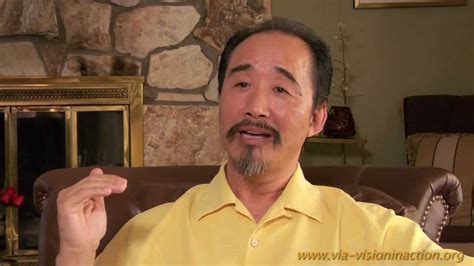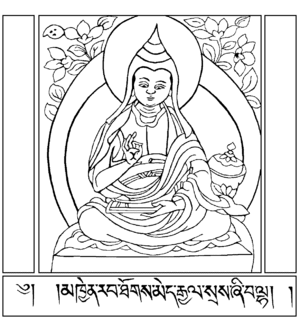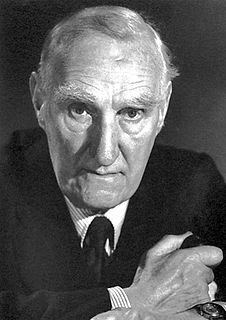A Quote by Hugh Dowding, 1st Baron Dowding
Even should it be conclusively proved that human beings benefit directly from the suffering of animals, its infliction would nevertheless be unethical and wrong.
Related Quotes
It is unethical not to know. It is unethical not to think. It is unethical not to love. It is unethical not to live an impassioned life. It is unethical not to attain greatness. It is unethical to succumb to the fear of envy and the conspiracy of mediocrity. It is unethical not to self-bestow genius. It is unethical not to be the first monkey.
Those who die, merely suffering the woes of life like cats and dogs, are they human beings? The worthy are those who, even when agitated by the sharp interaction of pleasure and pain, are discriminating and, knowing them to be of an evanescent nature, become passionately devoted to the Atman. This is all the difference between human beings and animals.
The intelligence displayed by many dumb animals approaches so closely to human intelligence that it is a mystery. The animals see and hear and love and fear and suffer. They use their organs far more faithfully than many human beings use theirs. They manifest sympathy and tenderness toward their companions in suffering. Many animals show an affection for those who have charge of them, far superior to the affection shown by some of the human race. They form attachments for man which are not broken without great suffering to them.
My own experience of over 60 years in biomedical research amply demonstrated that without the use of animals and of human beings, it would have been impossible to acquire the important knowledge needed to prevent much suffering and premature death not only among humans but also among [other] animals.
Knowledge acquired in biological research is seldom directly applicable to human beings ... The results of scientific research, obtained under these conditions, cannot be applied directly to human beings who vary widely in their hereditary make-up, in their environment, and in their past health record.
...the proposed air force and army experiments were designed so that many animals would suffer and die without any certainty that this suffering and death would save a single human life or benefit humans in any way at all; but the same can be said of millions of their experiments performed each year in the United States alone.
Many times I am asked why the suffering of animals should call forth more sympathy from me than the suffering of human beings; why I work in this direction of charitable work more than toward any other. My answer is that because I believe that this work includes all the education and lines of reform which are needed to make a perfect circle of peace and goodwill about the Earth.
Wouldn't it be wonderful if you could spare them from all suffering? No, it wouldn't. They would not evolve as human beings and would remain shallow, identified with the external form of things. Suffering drives you deeper. The paradox is that suffering is caused by identification with form and erodes identification with form. A lot of it is caused by the ego, although eventually suffering destroys the ego-but not until you suffer consciously.
In the future it's very possible you could have an artificial intelligence system that can run the country better than a human being. Because human beings are naturally selfish. Human beings are naturally after their own interests. We are geared towards pursuing our own desires, but oftentimes, those desires have contrasts to the benefit of society, at large, or against the benefit of the greater good. Whereas, if you have a machine, you will be able to program that machine to, hopefully, benefit the greatest good, and really go after that.





































